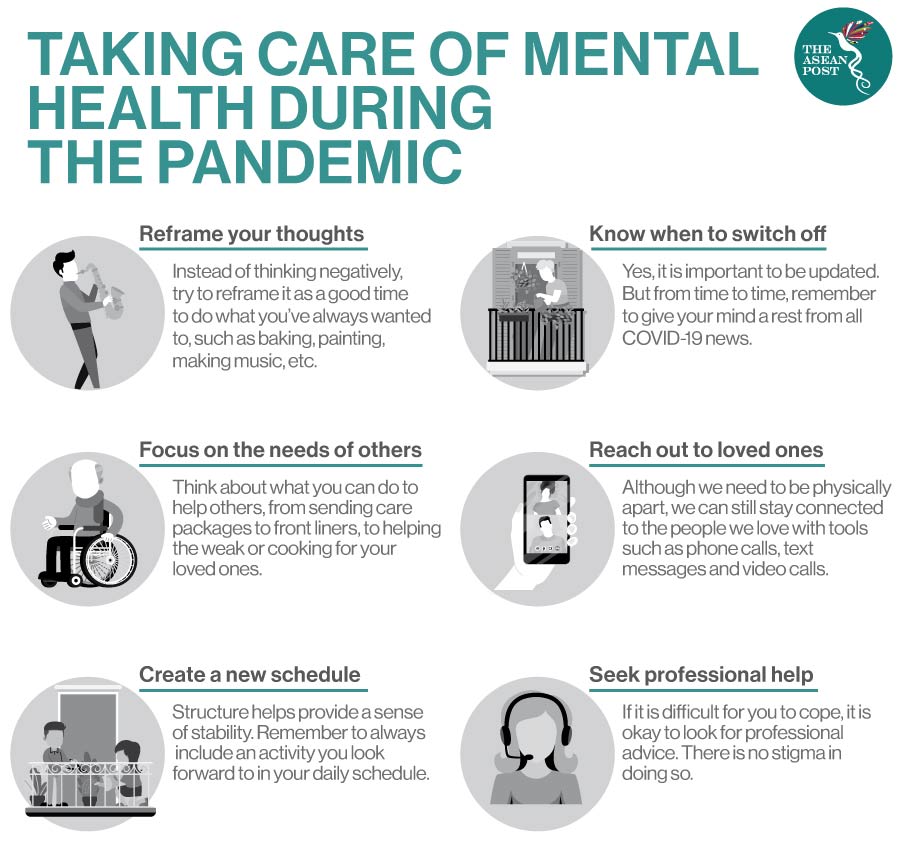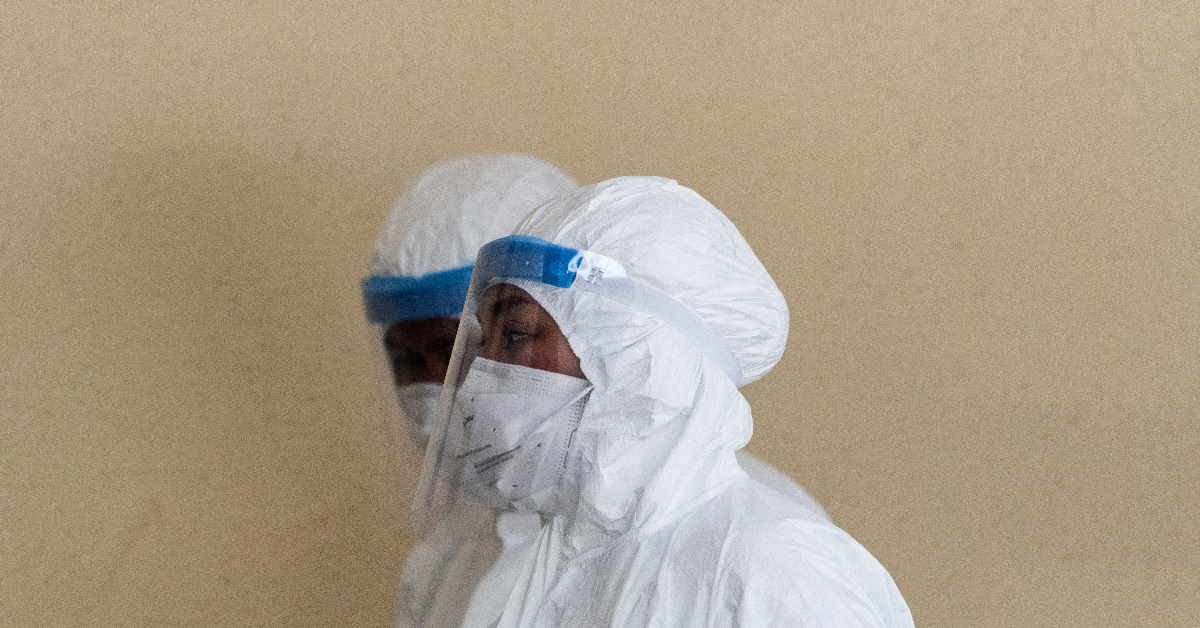The new coronavirus pandemic has affected livelihoods and drastically changed how people are living their lives. In order to contain the deadly virus, governments are urging citizens to self-isolate by imposing strict measures such as citywide lockdowns. All these developments are causing a considerable amount of fear, worry and concern among members of the public.
Today, the virus has infected more than two million people worldwide, taking with it over 140,000 lives. The disease is not only detrimental to one’s physical health, but can also cause mental issues.
According to an article titled ‘Multidisciplinary research priorities for the COVID-19 pandemic: a call for action for mental health science’ in the Lancet Psychiatry which features original clinical research and expert reviews in mental health, a group of experts have warned about the implications of the virus on society’s mental wellbeing and have called for more funding for research into the matter.
“We are all dealing with unprecedented uncertainty and major changes to the way we live our lives as a result of the coronavirus,” said lead author, Emily Holmes from Uppsala University’s Department of Psychology.
“Increased social isolation, loneliness, health anxiety, stress and an economic downturn are a perfect storm to harm people’s mental health and wellbeing,” added Rory O’Connor, Professor of Health Psychology at the University of Glasgow.
Based on the Lancet Psychiatry report, patients who have endured severe and life-threatening illnesses, such as COVID-19 survivors, were at risk of post-traumatic stress disorder and depression.
Other than that, there are also mental health risk factors for those who have been quarantined and have self-isolated for a long period of time. It was noted in the report that social isolation and loneliness are strongly associated with anxiety, depression, self-harm, and suicide attempts. Other risks include alcohol and substance misuse, domestic and child abuse, feeling like a burden, loss and relationship breakdown.

The World Health Organisation (WHO) also noted that children may also respond to the stress that the pandemic has brought about in different ways such as being anxious, withdrawing, feeling agitated and becoming clingier.
A school teacher of an international educational institution in Malaysia who requested anonymity, told The ASEAN Post that her main concern since the pandemic started is a sense of uncertainty.
“I worry about the possible recession that comes after the pandemic, the increase in crimes and financial issues. Scary times ahead,” explained the educator who is also a mother of one.
Her sentiment is shared with many others around the world. Lim Lishan, a Singaporean who was previously diagnosed with type one bipolar disorder and bulimia nervosa told the media that she feels more anxious than usual. She has been experiencing a faster heart rate and shallow breathing more often during this time of crisis.
It was reported that suicide prevention agency, Samaritans of Singapore (SOS) has received an increase in calls by more than 22 percent in March when compared to the same period of time last year. The Singapore Association for Mental Health (SAMH) also saw a whopping 50 percent increase in helpline calls in February and March this year.
According to media reports, callers on these helplines have brought up a number of issues such as employment prospects as some of them have lost their jobs and catching the COVID-19 virus, especially if they were to pass it on to their loved ones unknowingly.
Overwhelmed Front Liners
The severe acute respiratory syndrome (SARS) epidemic back in 2002-2003 led to an increase in suicides among healthcare workers who experienced emotional distress.
“The severe acute respiratory syndrome epidemic in 2003 was associated with a 30 percent increase in suicides among those aged 65 years and older; around 50 percent of recovered patients remained anxious; and 29 percent of healthcare workers experienced probable emotional distress,” according to the Lancet Psychiatry report.
The pandemic has placed massive pressure on front liners. As the number of COVID-19 patients increases by up to a few hundred every single day, health workers could become incredibly overwhelmed.
In Malaysia, the Ministry of Health along with Mercy Malaysia, a volunteer relief organisation, have set up a psychosocial support service for front liners and members of the public who are emotionally affected by the pandemic.
The Psychological Association of the Philippines has also listed centres in the country that provide online counselling services for those who require help during the health crisis. Some of the helplines include the National Center for Mental Health Crisis Hotline (NCMH-USAP) and Philippine Psychiatric Association: Mind Matters.
“Take care of yourself at this time. Try and use helpful coping strategies such as ensuring sufficient rest and respite during work or between shifts, eat sufficient and healthy food, engage in physical activity, and stay in contact with family and friends,” the WHO advised healthcare workers.
Perhaps this message from the WHO can also be applied to everyone affected at this time of crisis. People are encouraged to seek help and talk to someone if they feel overwhelmed by the pandemic.
Related articles:
